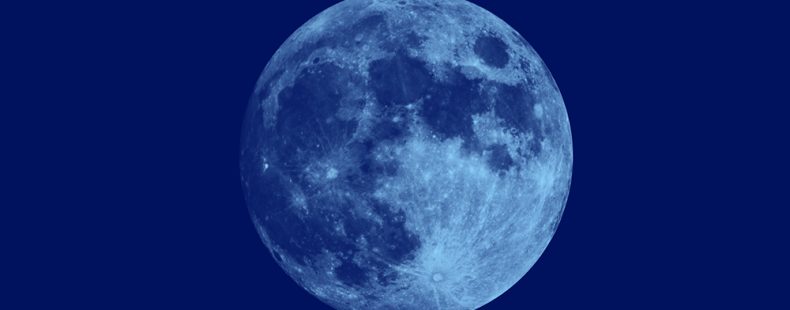Nobody wants to come down with a case of the Mondays. But the second day of the week—and the first day of the traditional work week—doesn’t exactly have the best reputation.
Monday isn’t named after an ancient, one-handed Norse god like Tuesday is, and it doesn’t take its name from a powerful god who fashioned the human race like Wednesday does. Monday does, however, reference one of the most recognizable and revered objects in the night sky: the moon (there is still a god in a chariot involved, but more on that later).
How Monday got its name
The English name for Monday comes from the Anglo-Saxon word Mōnandæg, which loosely means “the moon’s day.” Mōna is the word for moon in Old English.
The second day of the week has been classified as the moon’s day since Babylonian times. The Babylonians were the ones who decided on a seven-day week, and they named five of the days for planets, and one each for the sun and for the moon.
Ancient Romans followed the same pattern, though they technically thought they were naming every day after a planet, since the Romans thought that the sun and moon were planets in their own right. For the Romans, every planet had an associated god or goddess, and Luna was the goddess that personified the moon.
You can see the Ancient Roman influence in the name for Monday in Latin (dies lunae, or “day of the moon”) and the romance languages (lunes in Spanish, lundi in French, and lunedi in Italian).
Germanic and Nordic-speaking people took after the Romans when it came to days of the week, but they changed the names to match their own planetary gods. In Norse mythology, the moon was guided by the god Mani, who pulled the moon across the sky via chariot after his sister, the goddess Sol, pulled the sun across the sky.
It being the moon’s day meant it was also Mani’s day. Remember Mani on his chariot dragging the moon the next time you feel like you need to be dragged to work to start the week.
Watch more about all of the days of the week below!














